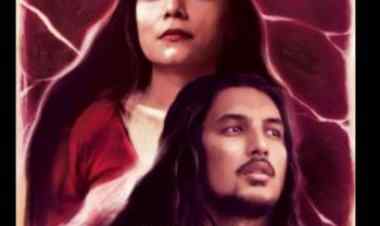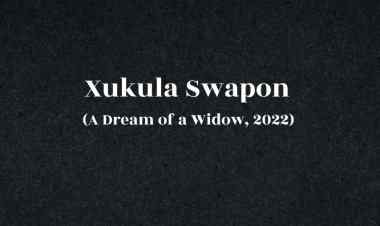HARINARAYAN – A CINEMATIC TRIBUTE BY UTPAL DATTA
Indian film scholar Shoma A. Chatterji reviews the documentary, HARINARAYAN – by filmmaker Utpal Datta.
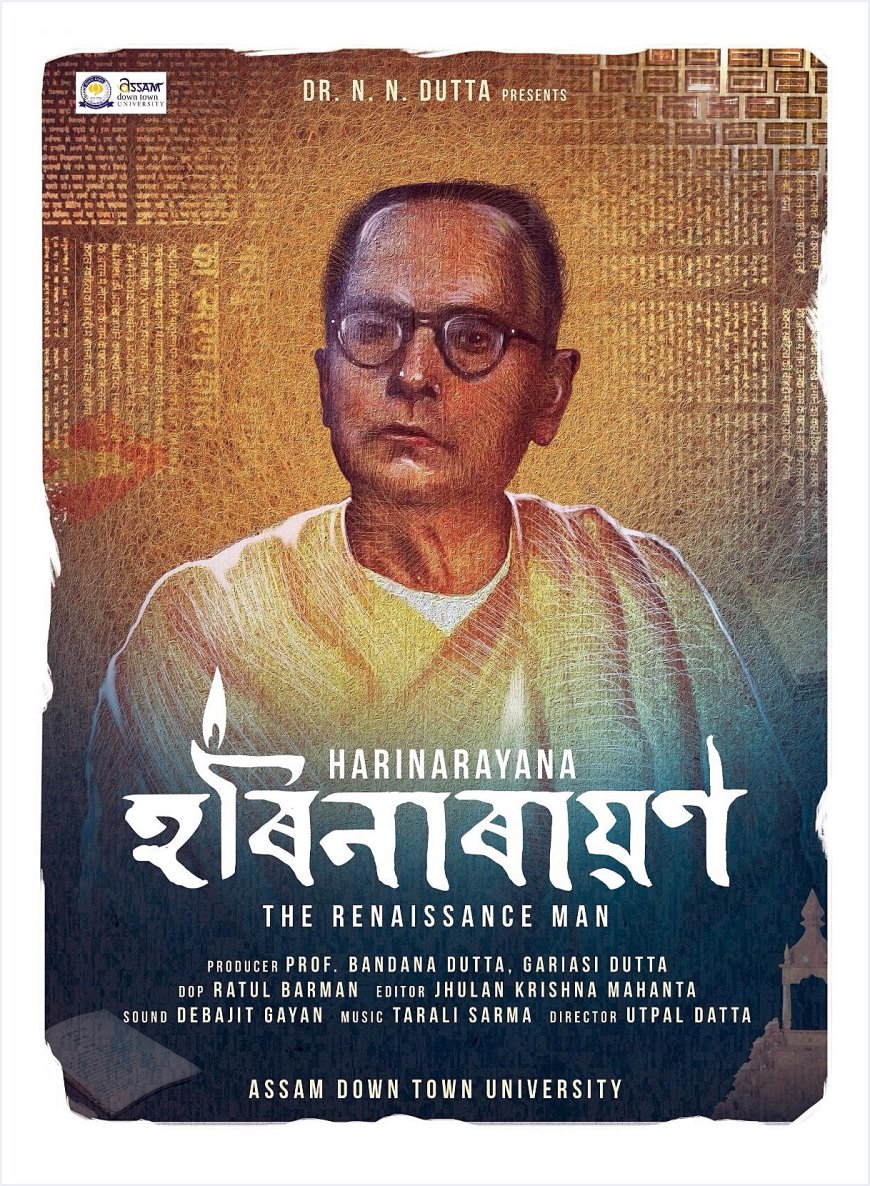
Few of us who have lived away from Assam and the North East, perhaps have never heard of the august name of Harinarayan. This is a sad reality for people in the rest of India who are not even aware of their ignorance not just of the rich intellectual contribution of some great men and women, but about these celebratory individuals themselves. Thankfully, involved and dedicated filmmakers and journalists like Utpal Datta have taken upon themselves to make documentary films, write articles and books to document the lives and the rich contributions of great men and women.
Among these is the 20-minute bio documentary Harinarayan, which documents the life and rich, intellectual contribution towards literary works that covers the introduction of Assamese language in the literature of Assam by this great man called Hari Narayan Dutta Barua. Says Utpal Datta, noted filmmaker, journalist and film critic, “Hari Narayan Dutta Baruah emerged as a towering figure, a steadfast and devoted son of the soil. With unwavering commitment, he dedicated his entire life to realising that vision, working tirelessly until his final breath. His contributions were not only vital in shaping the nation’s destiny but continue to leave a profound impact on Assamese social life. This film affirms and celebrates the enduring relevance of his work in contemporary Assam.”
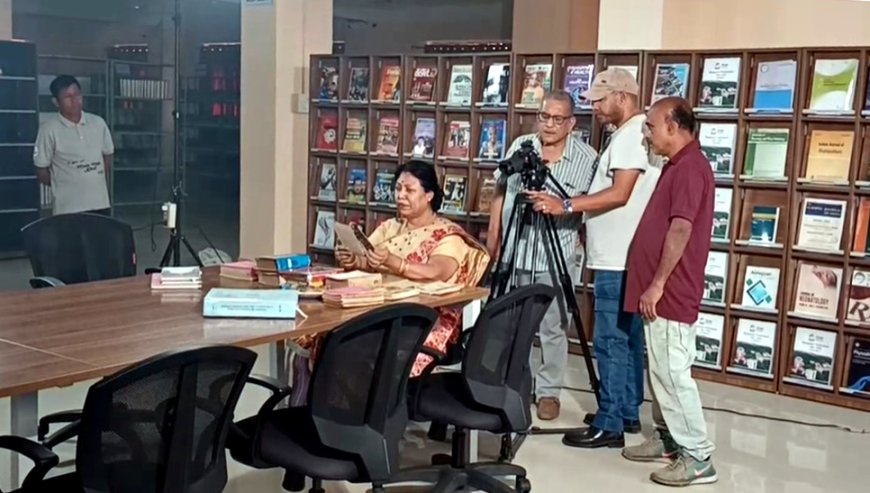
The film introduces us to Hari Narayan by stating that this man was singularly responsible for introducing the Assamese script for the first time because till then, Bengali script was the script in common use in writing, reading and therefore, literature and academics. This changed the entire texture and dimension of the cultural and intellectual history and life of Assamese language and literature.
When asked what inspired him to make this film, Datta says, “This film is my tribute to an unsung Indian hero who dreamt of a free and educated India—and devoted his life to turning that dream into reality.” Datta goes on to add: “It was almost like an accident. There's a small backstory. The Assam down town University, where I'm working now, hosts an annual memorial lecture in memory of Hari Narayan Dutta Baruah. Journalist and film critic Anant Vijay had delivered the lecture once, and he suggested making a documentary on Hari Narayan Dutta Baruah. Right after his lecture, the university's chancellor, Dr N N Dutta, stood up and announced that the university would make a documentary, with Utpal Datta directing it. I had no choice. Hari Narayan Dutta Baruah is a name we are all familiar with from our school days. I studied in Debiram Pathsala High School, which he founded in his father’s name. Uma Press, which he established in his mother’s name, was right next to our school. I used to peek into the press from my window and discover a different world – it was almost like stepping into ‘Alice in Wonderland’. We had to read his works in our high school textbooks. Our home library had a vast collection of Vaishnavite religious books, which he edited and published. I've known his name and his extensive works since I was a child.
The filmmaker also describes in good detail, the strict Vaishnavite lifestyle of rigid discipline Hari Narayan led right through his life till his passing away. He lost his two wives during his lifetime, he lost some of his children too, he lost his brother. But all these personal losses did not stop his commitment to establishing Assamese as a significant language in country. He devoted himself to the translation of Vedic and Vaishnavite and Hindu mythological texts to Assamese which ultimately led to his founding of his publishing concern which in course of time, turned into a massive concern which he and his son Jyotirindra Narayan Dutta Barua who appears in the film and talks about his late father. He now looks after the publishing concern begun by his late father.
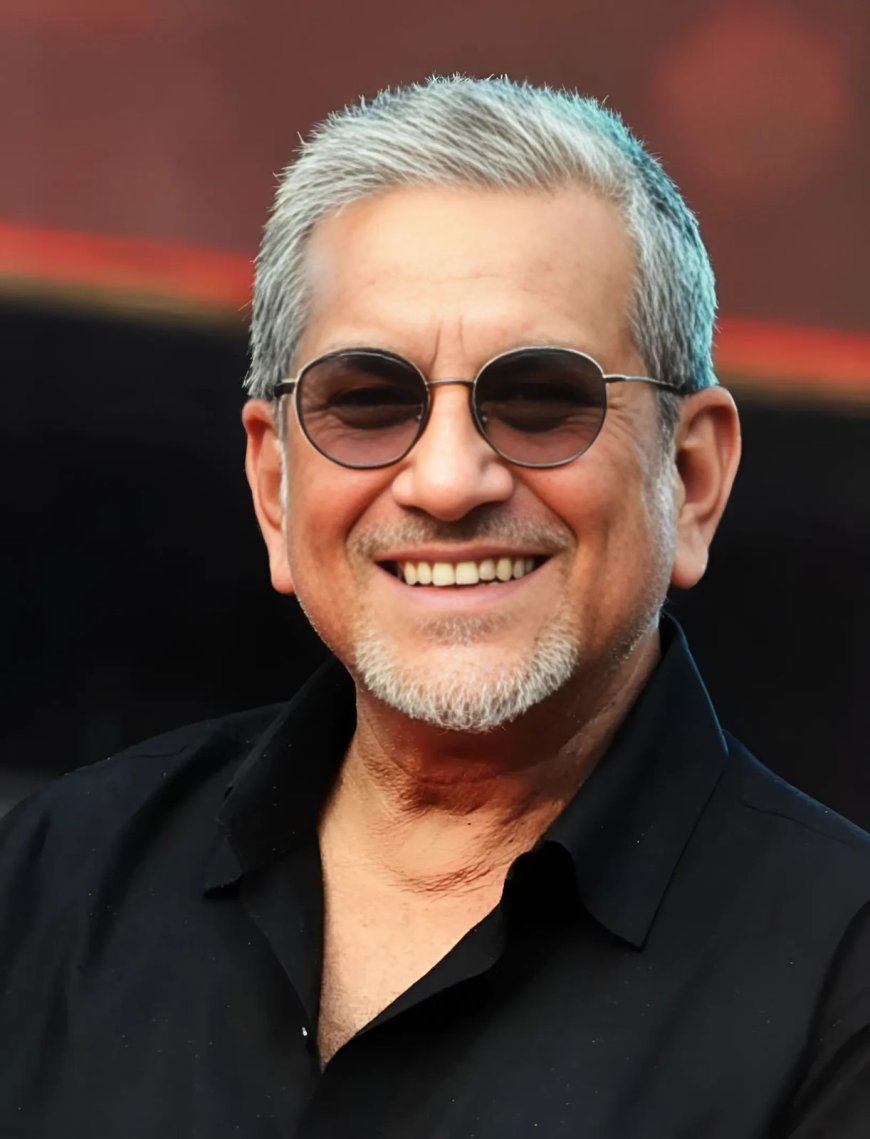
Image: Filmmaker Utpal Datta
Datta has gone on to take the comments of scholars, academics and journalists on Hari Narayan Dutta Barua’s life and works which sheds interesting light on his varied interests and and contributions to the cultural and academic history of Assam. The camera does not dwell only on Hari Narayan’s home but the libraries that stock his works, his translations and his published works.
About the research, Datta says, “I began with library research. Dr. Ruby Goswami played a vital role in this process. Most of the books he edited are available in print, but I aimed to obtain copies of the first editions, which proved to be a challenging task. I also interviewed his family members, educators, historians, and others. I found only a few who had the opportunity to meet him. The research took 18 long months. The actual shoot, the editing and the post-production work took two months.”
Hari Narayan’s younger daughter and one daughter-in-law also talk about the great man and offer their comments on the same man, specially his final moments in this world. Asked what he feels he has achieved through this film, Utpal Datta, who is a veteran journalist and documentary filmmaker of Assam, says, “Yes, I am happy for two reasons. Firstly, for having made the first documentary film on such a person. Secondly, on the creative side, I feel that have done some experimental work in narrative and cinematic presentation. The music of the film was complex, as it had to span two different periods and support the philosophical ideology of the theme. Tarali Sarma composed music using traditional acoustic instruments to support the Vaishnavite philosophy presented in the film while incorporating modern instruments to reflect the present time. I used both Black and White and color to create a dramatic feel in the narrative, and Tarali’s music contributed significantly. Sound designer Debajit Gayan, DoP Ratul Barman, and Editor Jhulan Krishna Mahanta also played crucial roles. Their unconditional support was a key factor in my satisfaction. DoP Ratul Barman worked diligently to make the shots engaging with limited resources and manpower.”
By some strange coincidence of destiny, Datta feels happy that the announcement of the film was made at a Hari Narayan Memorial Lecture and just two years later, the film was screened at the same lecture event. He has also shared the screenings of film with some of his friends, and he sums up by saying, “all of them liked it for various reasons. That brings a sense of satisfaction on a different level.”
***
What's Your Reaction?






















































